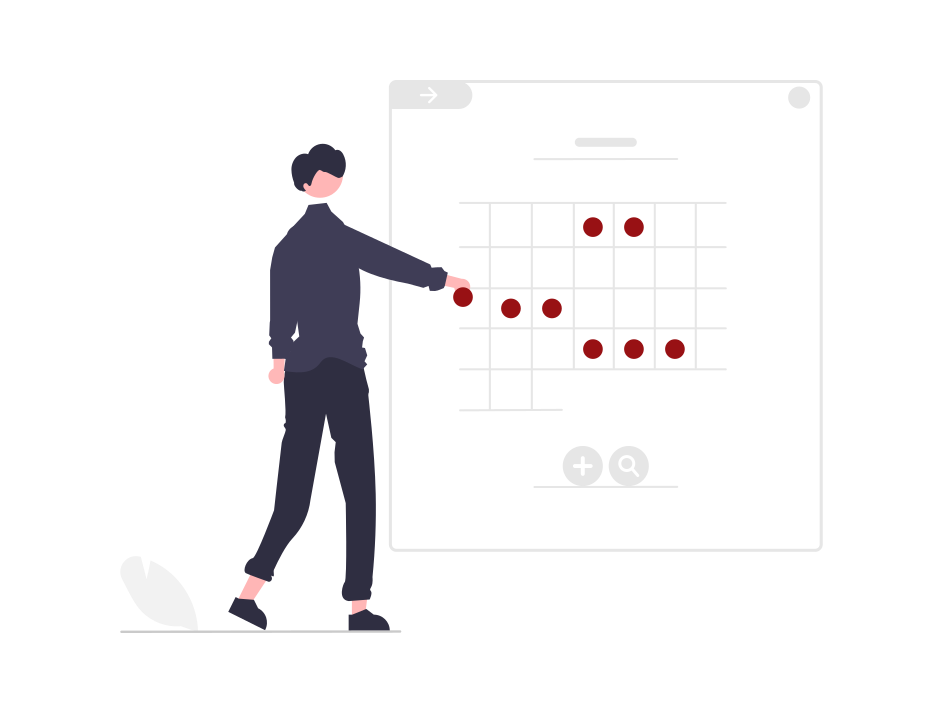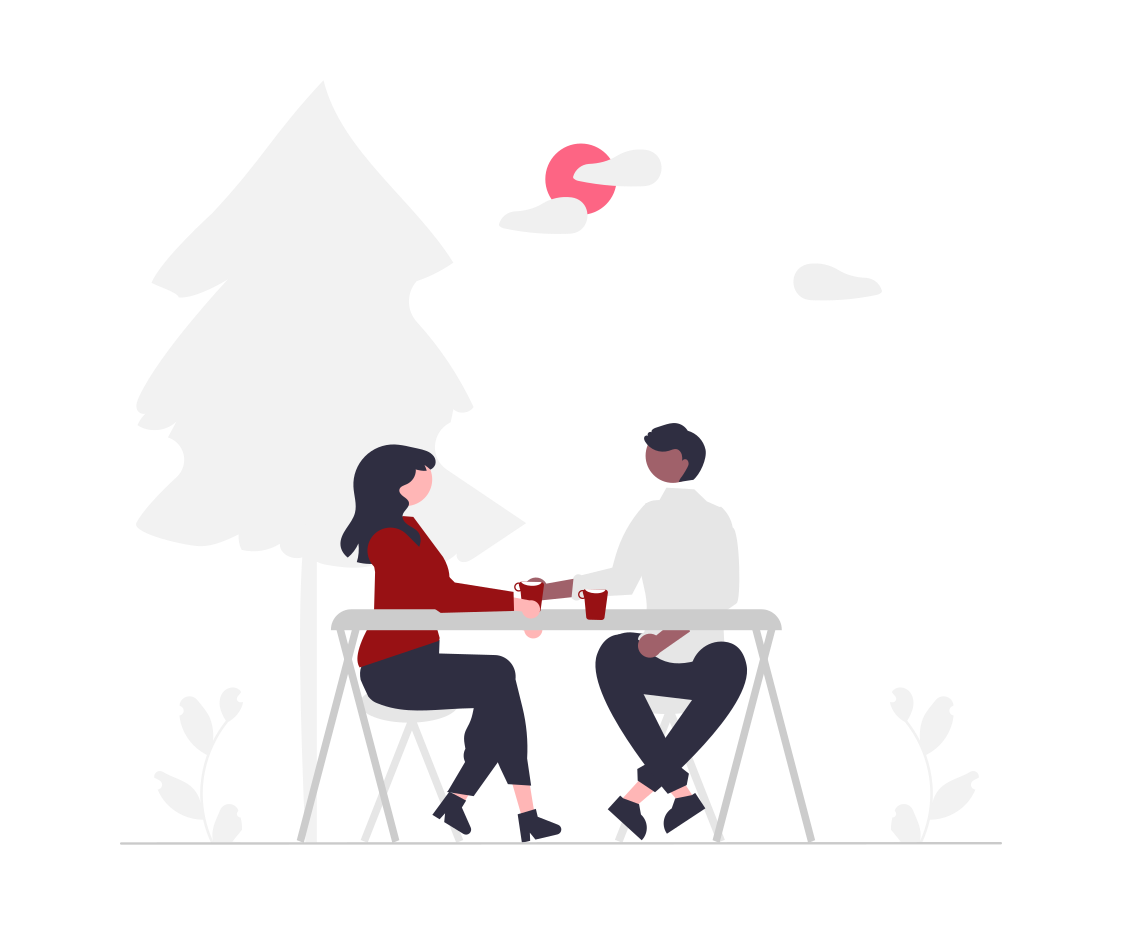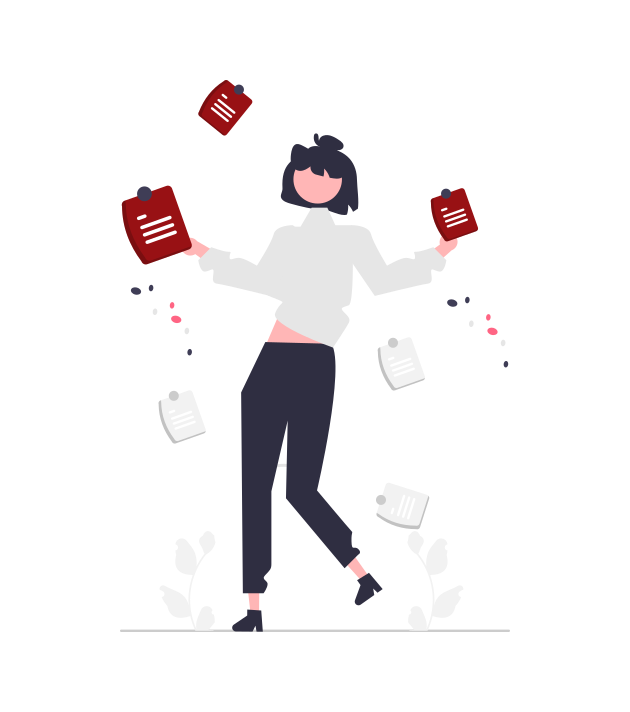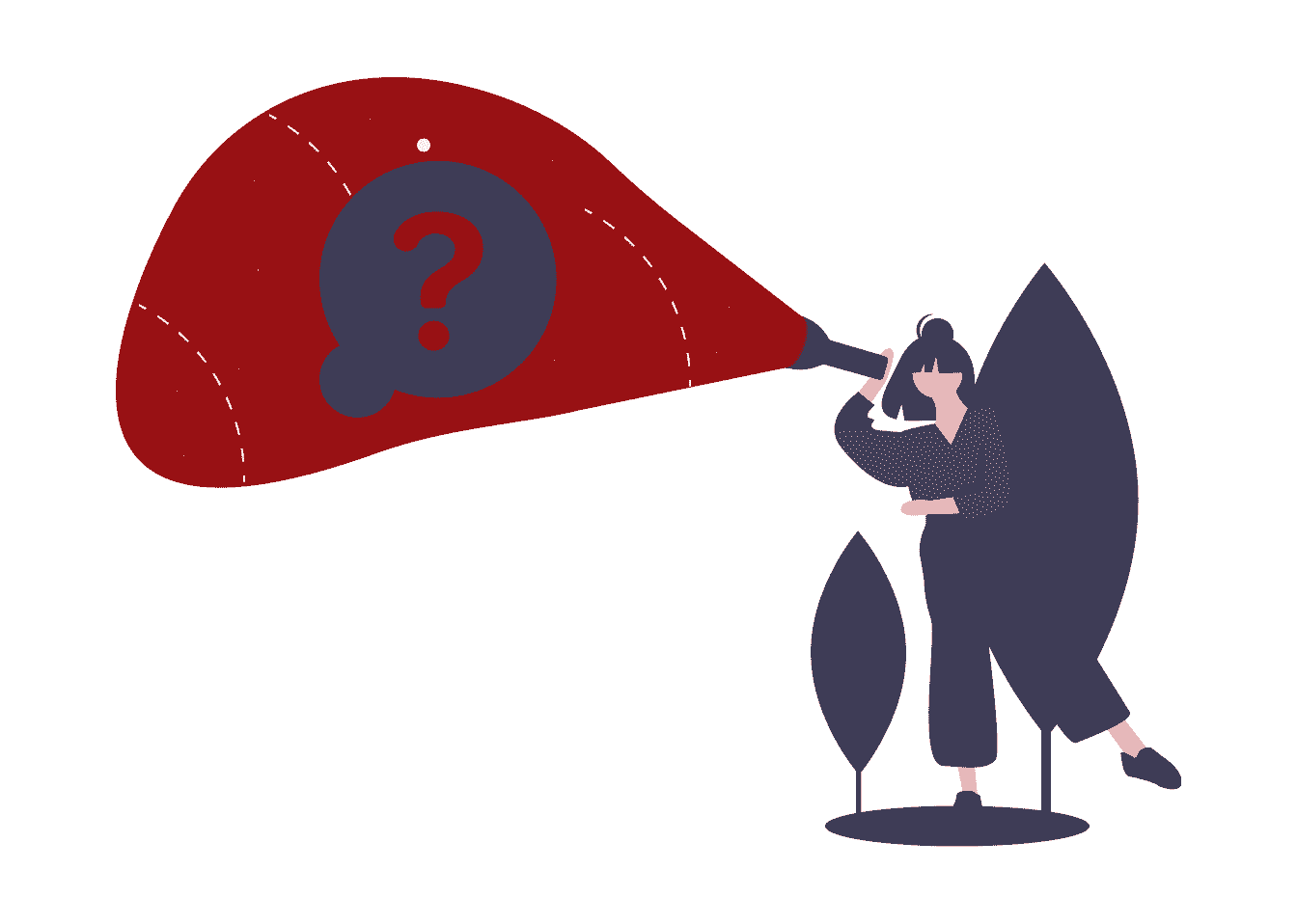My feelings of loneliness are terrible: The impact of Coronavirus on women in Wolverhampton
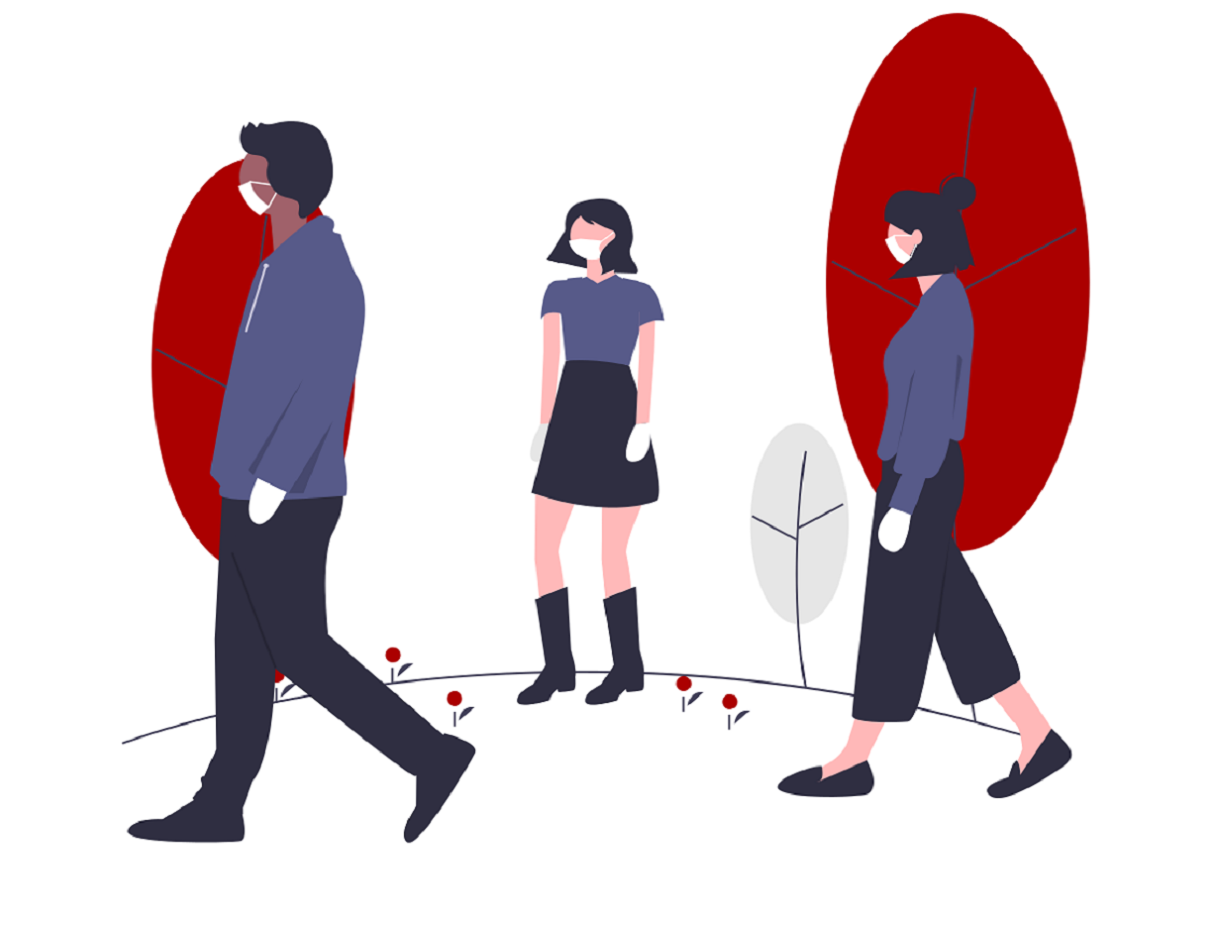 Women of Wolverhampton, a local community group, asked me to help investigate the impact of the pandemic on women, mainly from ethnic minority disadvantaged backgrounds during the first English national lockdown during March and June
Women of Wolverhampton, a local community group, asked me to help investigate the impact of the pandemic on women, mainly from ethnic minority disadvantaged backgrounds during the first English national lockdown during March and June
We found that:
- Many women were keeping in touch with family and friends and emphasized the importance of seeing each other’s faces in video calls
- But some women did not have the necessary technology and could not afford to purchase because of limited income, loss of income, or paying bills
- Even those who had the necessary technology did not feel confident in their digital skills
During the first national lockdown in England Women of Wolverhampton (WOW), a grassroot community group, asked me to assist in conducting research on the impact of Covid-19 Pandemic on women in the city.
The women surveyed were mainly from deprived parts of Wolverhampton and were aged between 40 and 70. The ethnic background of the women were diverse, representing White, Asian, and African-Caribbean origins. In addition, some of the women surveyed had disabilities or longer-term health conditions.
Using a questionnaire survey with an ‘appreciative inquiry’ approach, which focusses on strengths as well as needs, WOW wanted to find out how women were being affected by the unprecedented pandemic. Women were asked about their experiences during lockdown, their mental health, financial difficulties and ways they have been coping.
“I have foregone food and paying my water bill, so that I can pay for Wi-Fi, as it is more important to me to keep in touch with family, friends, and community”
From the survey we found many women were video calling friends and family, including friends or family who lived in different countries. We found that some women did not have either the equipment or skills to access and use video apps and services. This was distressing for some of the women since it was felt it was important to visually see who they were talking to. Specifically, several women knew about platforms such as WhatsApp and Zoom but lacked confidence in how to access and use them. Some women said they had problems with either paying for internet access or buying devices which could video call, such as smartphones, tablets, laptops or desktop computers.
Almost a quarter of the women responding to the survey said they needed financial support to either have access to the internet or to have devices that enabled them to improve connections with others.
As a result of this research I conducted WOW was able to win a grant of £2,000 from the Heart of England Community Foundation Coronavirus Resilience Fund to support women by paying towards IT costs and co-ordination.
With support from this grant WOW has been able to have a real impact by helping socially isolated women. They have virtually connected the socially isolated with dedicated volunteers, upskilled and increased confidence of women using apps like Zoom and WhatsApp, and reduced the financial concerns of women living in poverty.
The Coronavirus pandemic has been unprecedented in its impact on people across the country. It is important to listen to the concerns and lived experiences of women from disadvantaged backgrounds. Groups like WOW play an important part in supporting local people and communities during these hard times.
Women of Wolverhampton (WOW) is a network for women and women’s organisations in Wolverhampton. They provide a platform for women to voice their views, influence decision-making and participate fully in city life. Their aim is to facilitate positive change in the lives of women in Wolverhampton by advancing gender equality and full participation in city life.

